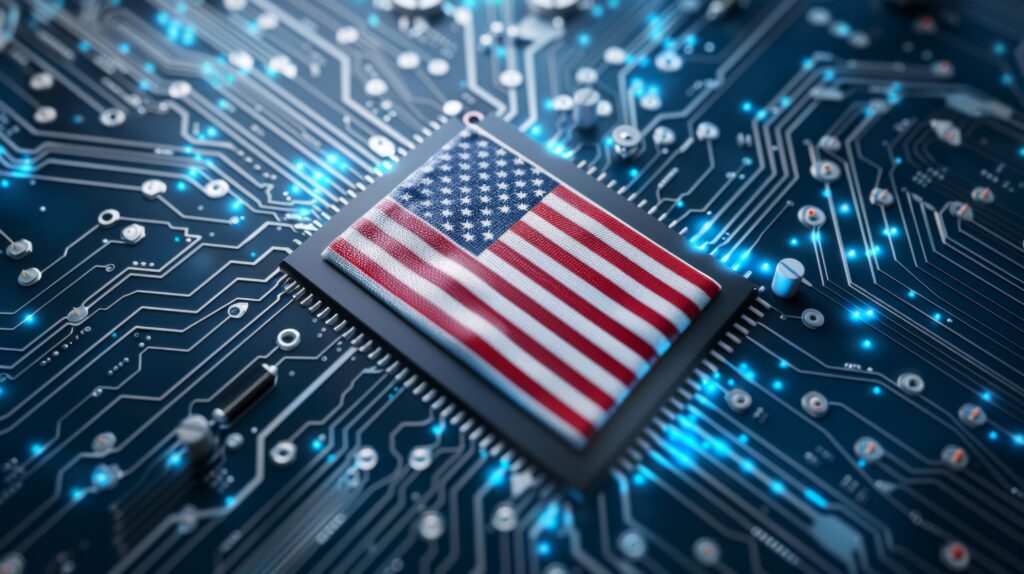Cheap Access, Heavy Implications
Around Washington, headlines are buzzing: OpenAI now offers federal employees access to its most powerful AI models for just $1 annually. The low cost has raised eyebrows—and questions—about the implications for public-sector automation and the tech giant’s influence in government.
Inside the Podcast Breakdown
In WIRED’s latest *Uncanny Valley* episode, host Zoë Schiffer and senior politics writer Jake Lahut unravel how strategic ties between OpenAI and the U.S. government could reshape AI governance. The discussion dives deep into:
- the symbolic low-cost deal and its message;
- Sam Altman’s growing presence in policy circles;
- possible prioritization of automation over worker considerations.
Broader Policy Landscape
This partnership arrives amid a surge of AI‑related policymaking and controversy:
- New legislation like the **TAKE IT DOWN Act** targets AI-enabled misuse (e.g., deepfakes and revenge porn), signaling growing digital accountability.
- The AI industry faces rising skepticism, with critics warning of an “Altman’s pause”—a halt in meaningful innovation amid regulatory tension and public distrust.
Risks, Rewards, and the Road Forward
While granting government access to AI can promote efficiency, transparency, and better public services, the bargain‑basement price invites scrutiny. Critics ask: Is public interest being served—or sacrificed—for hype and control?
The balance between innovation and oversight remains delicate. As governments lean on AI, policymakers, civil society, and citizens must ensure ethical, equitable implementation.
The unfolding dynamic between AI giants and governments could chart the future of digital democracy.






















